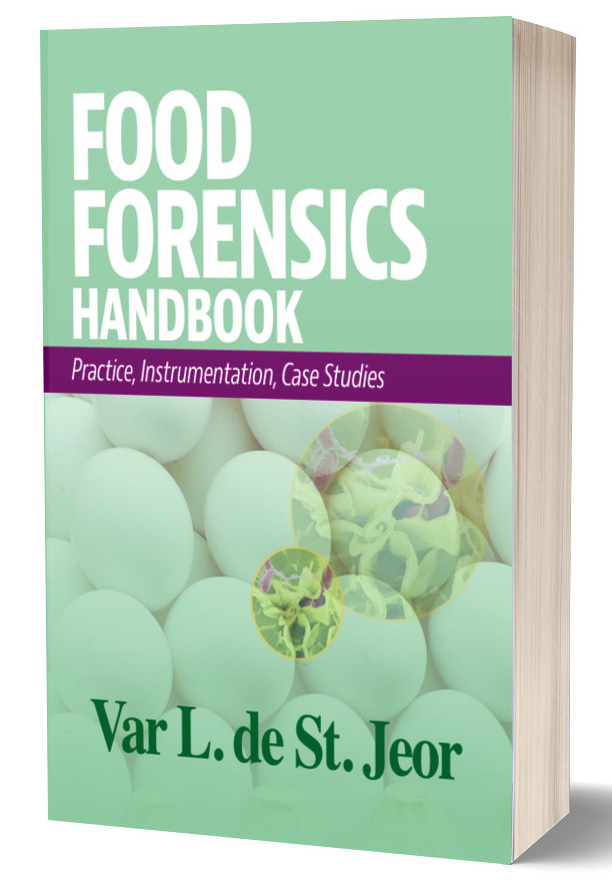Canada Updates Policy for Listeria in RTE Foods

Credit: ponce_photography via Pixabay
Health Canada has completed its update of the Canadian Policy on Listeria monocytogenes in Ready-to-Eat Foods.
The 2023 Listeria policy, which replaces the 2011 version, was developed by Health Canada, with input from the Canadian Food Inspection Agency (CIFA) and the Public Health Agency of Canada, and takes into account the roles and responsibilities of industry, government, and consumers. The Listeria policy is intended to assist in the application and verification of activities for L. monocytogenes in ready-to-eat (RTE) foods. Its implementation should permit the early identification of the persistence of Listeria species in the food processing environment and allows for the assessment of the effectiveness of control measures put in place to address L. monocytogenes in RTE foods.
Updates included in the 2023 Listeria policy focus on the following:
- Presentation of concepts, including the legislative context of the Listeria policy, in a new order for better readability and refinement for improved clarity
- The current outcome-based regulatory landscape for domestic manufacturers, importers, and exporters of RTE foods
- Specific food businesses, activities, and foods for which the Listeria policy does not apply
- The definition of RTE foods
- A decision tree to facilitate the categorization of RTE foods
- More detail on foods specifically produced for consumption by vulnerable populations.
Health Canada also published a detailed summary of changes made to the Listeria policy on the agency website.
Update, May 5, 2023: Health Canada's Control Measures for Listeria monocytogenes in Ready-to-Eat Foods has been revised to align with the updated Policy on Listeria monocytogenes in Ready-to-Eat Foods that will come into effect on October 1, 2023.
Looking for a reprint of this article?
From high-res PDFs to custom plaques, order your copy today!






